[toc]
The Impact of Not Preparing for a Negotiation
Negotiations can be pretty hard going. Whether you are negotiating terms of a contract, a pay rise or prices for something you want to buy. It’s even more difficult if you are negotiating with someone with experience and uses tactics to get the best outcome for yourself.
One of the biggest failings you can make when entering a negotiation is to do little or no preparation. The old term ‘fail to prepare, prepare to fail’ is definitely true here.
In this post, we look at some tips on how to prepare for a negotiation.
Negotiation Language
First, some language. These are some terms that you may come across when talking about negotiations. We talk more about these in our Negotiation Skills Training Courses:
- Aspiration Base: This is what a great outcome looks like and should be your entry point. If you were to get everything you wanted, this is what it would look like.
- Real Base: In reality, this is what you would be happy with. This is how much you will concede during the negotiation. The difference between your aspiration base and the real base is how much tolerance you have.
- Zone of Possible Agreement (ZOPA): This is where you think that you and the other party can agree. This is where you want to try and move towards. It should take into account your real base and, using your research, where you think the other parties real base may be.
- Best Alternative to a Negotiated Agreement (BATNA): This is where you need to think about what happens if you can’t get an agreement. What other alternatives to you have? What other offers do you have on the table? What other options do you have available? This will help you to determine your walk-away point.
- Worst Alternative to a Negotiated Agreement (WATNA): The other side of the coin to BATNA – what are the consequences if you don’t reach an agreement? What are the worst possible outcomes in your negotiation (for example, having to pay more or get less than you wanted)? This will help you to further consider your walk-away point, or how far you would be willing to go to get a deal.
How to Prepare for a Negotiation
With all of the above in mind, here are some things that you should do to prepare before entering a negotiation:
- Research who you will be meeting with – do some ‘social stalking’ and look them up on sites such as LinkedIn. What can you learn about them from there? Looking at their previous roles and who has recommended them will give you some ideas about the type of person they are. Has anyone else in your organisation dealt with them before? What can they tell you about their approach, how they communicate, how they negotiate etc. Learn as much as you can about them.
- Research who they work for – If your negotiation is about pricing or contract, take a look at the company that they work for. How are they doing in their industry sector? Look at any news articles published on their website or on social media sites. It’s good to know what is going on in their world right now.
- What are your objectives? – Think about what your outcome will be from the negotiation. Take time to consider your aspiration base and real base. Also, what is your BATNA and WATNA? What is most important to you (what will you not move on) and what can you live without (where can you concede)?
- Write your pitch – How will you present your side of things. Be as influential as possible. Sell the benefits of accepting your proposal to them and their organisation. Make sure you have data, examples and anything else that really shows of your side things.
- Where can you concede – Thinking about where you can concede before entering a negotiation is key. Don’t leave it to the meeting ‘to see how things go’. Use your BATNA and WATNA and your real and aspiration base and really think about where you can concede and what order you will concede these things prior to the meeting.
- What do you think they want? – Think about what they will be pushing for during the meeting. Don’t let this change your position though. Stick to what it is you want but do consider how you will respond to any challenges and how you might counter any arguments they have.
- Where do you think the ZOPA will be? – Where do you think there is likely to be an agreement? Again, don’t let this affect your starting position, but take it into consideration when thinking about BATNA and WATNA.
- What might they use against you – Has something happened in your business or something that you have done personally that they can use as leverage? If so, how will you deal with this if it comes up? Think about how to can turn this around and counter this so it doesn’t waken your position.
- Choose your style and approach – How will you enter the discussion? Will you go in hard and forceful? Will you be accommodating or cooperative? You need to think about the lasting effects of your meeting. You don’t want to ‘win the battle but lose the war’. In other words, you don’t want to get what you want but damage the relationship in the long term. At the same time, you don’t want the other party to walk all over you.
- Agree roles – If more than one of you are in your party, agree beforehand on what each of you will do and make sure you are both clear on all of the above points. You don’t want one person going off on their own and agreeing to things that you all don’t agree on.
Negotiation and Influencing Skills Training Course
We hope you found the above useful. If you would like to learn more about Negotiating then take a look at our Negotiation & Influencing Skills training course.




